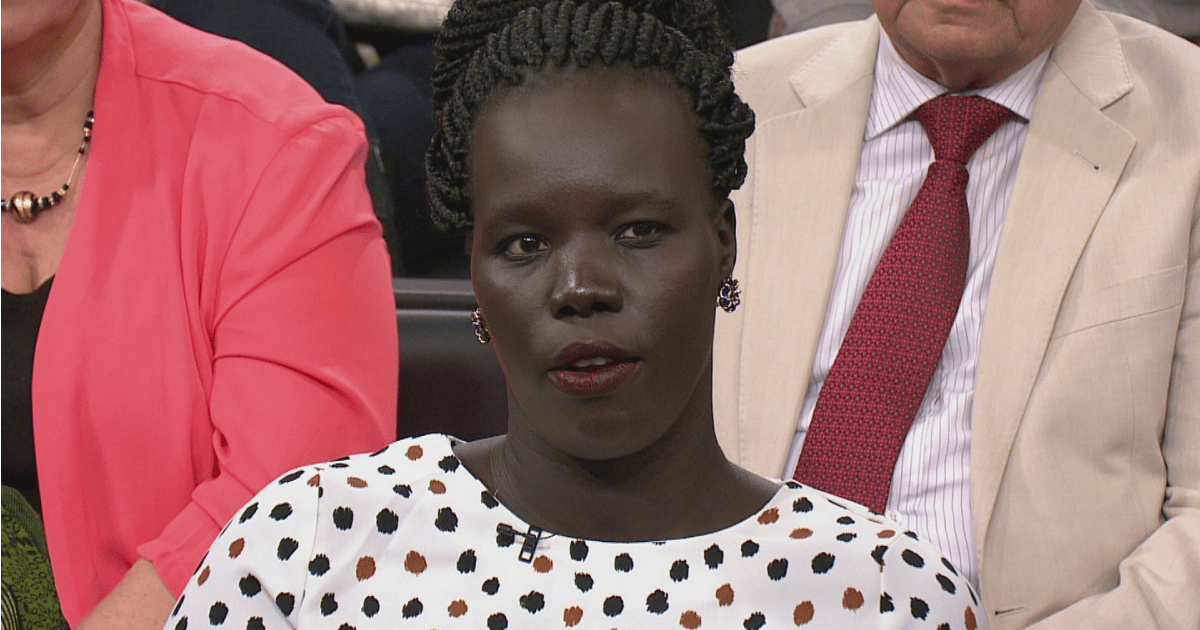Who will marry you?
Growing up, I was often asked and heard other young women being asked this question, but it was not a question; it was an expression of a grave disappointment. As a Nuer woman, it was assumed I would be married, and to be asked that question meant I had upset that assumption.
To be married meant only one thing according to the Nuer’s of South Sudan. It meant a man was willing to give up a large part of his wealth to marry you. Elders, predominantly men of the two families to marry, negotiated how much you were worth. The negotiations took hours, sometimes days, before a figure was settled on. In the past, and occasionally at present, the dowry was paid in cows. Presently, the dowry is monetary.
Over the years I have heard differing reasons why dowry was paid. Some say it was given to the bride’s family as a gift or appreciation for raising the bride. Other suggest that it was compensation for taking away the girl from her family as she, upon marriage, was considered to be a member of the groom’s family, clan or tribe. Others thought it was quid pro quo; simply, it was paid in exchange for a wife.
What I find to be most revealing is not why a dowry is paid but the consequences that flow from such a payment. According to Nuer laws, a married woman not only ceased to be a member of her family or tribe, but she also had no recognisable claim to children upon a divorce. In the past, her husband was automatically entitled to her earnings and she could be inherited when he died. Perceived in this way, it seems inescapable that dowry, at least to some extent, was payment in exchange for a woman. It was not a gift.






























































































